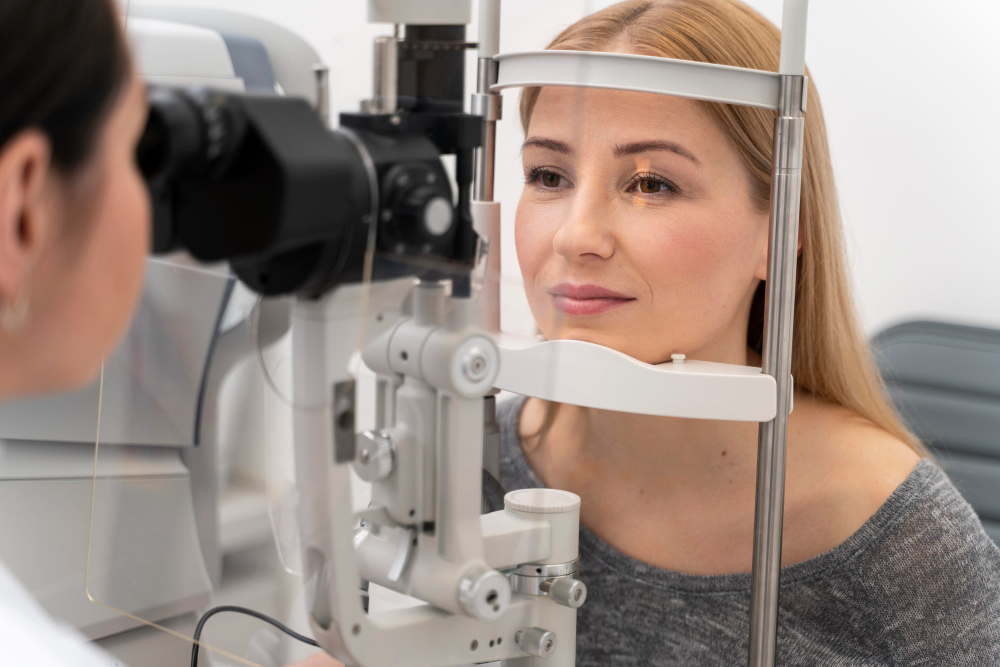Had Eye Surgery? 5 Aftercare Tips To Speed Up Recovery
You have just had eye surgery and are looking forward (quite literally) to a future with better eyesight and free from glasses and/or contact lenses. Of course, as is the way with any surgery, even laser eye surgery is not risk-free, and to ensure that it goes off without a hitch, there are some aftercare tips that you will need to follow. What are they, in a nutshell? Read on to find out!
Contents
Keep Your Eyes Clean
As is the way with all surgery, the simplest way you can speed up your recovery is to keep the area clean. When you get in touch with laser surgery Brisbane professionals, it is worth asking before your appointment whether there will be anything they recommend that you use to get rid of debris from around the eye after the surgery, which may slow down the healing process. They will be able to talk you through it all.
Top Tip: Whenever you need to apply eye drops to your eyes, make sure you wash your hands thoroughly to prevent the introduction of dust and grime to the eyes.
Use The Eyedrops
For a few days following your eye surgery, your optical surgeon and your doctor will likely advise you to use eye drops. Even if you have had a minimally invasive laser eye surgery, chances are that your eyes will be dry and itchy as they heal, so they will need an added layer of protection. In most cases, these eyedrops will not only lubricate the eye, but they will also act as an antibiotic to keep it free from infections.
Protect Your Eyes From Sunlight and Dust
After you have had surgery, you may find that your eyes are not overly keen on being under bright lights. So, to protect them as they heal, it is worth investing in a pair of sunglasses that have added UVA and UVB protection. For many people, it is worth wearing sunglasses or other large eye coverings until the eye heals from the surgery, as this will often prevent dust from irritating the delicate skin of the eye, which can lead to unnecessary itching.
Avoid Strenuous Exercise or Swimming
Initially, after your surgery, your eye surgeon is likely to advise against heavy or strenuous exercise that may involve you bending forward, such as lifting weights. Why? Because this kind of motion is going to cause the blood flow to rush to your head, which may put additional pressure behind your eyes. Not something you want if you have recently had surgery in that area. As well as this, even if you are an avid swimmer, you will need to give it up until your optician gives you the green light. Swimming exposes the eyes to chlorine and germs that can cause irritation and infection.
Wear an Eyepatch
There may be some instances when it is required for you to wear an eyepatch, though this is usually only going to be for a few days.In most cases, it is going to be linked to infection prevention, which has a higher chance of developing after surgeries like cataract surgery. So, if you have to go out after the surgery wearing an eyepatch, make sure it is attached correctly and, well, enjoy the temporary pirate-esque addition to your appearance!

